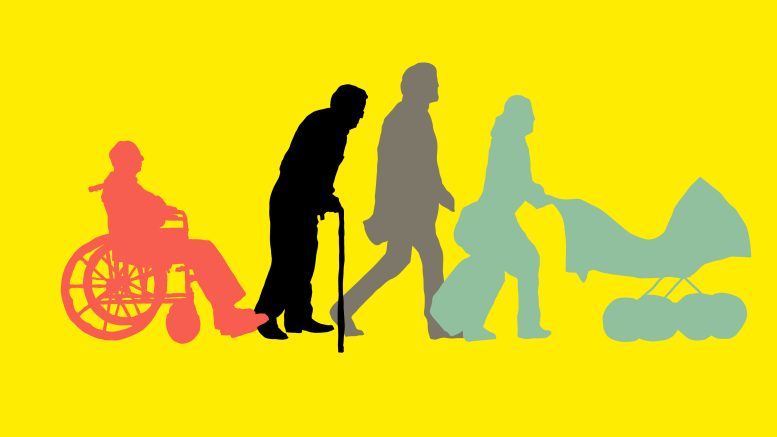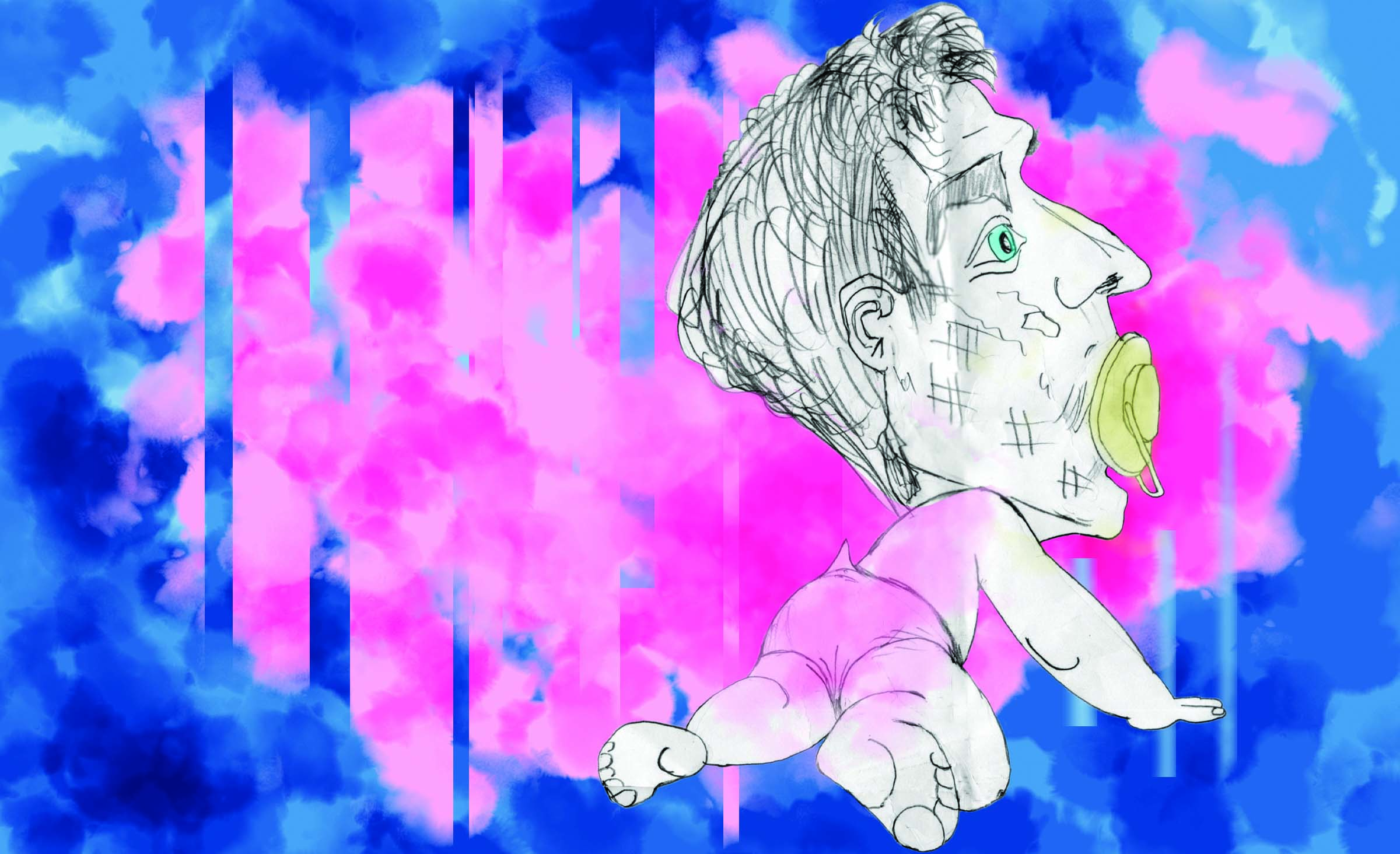People with disabilities make up 22 per cent of the Canadian population aged 15 and older. Despite being a global community of an estimated 1.3 billion people, they face numerous social, institutional and physical barriers. Advancing the rights of people with disabilities is a central goal to the work of advocates across Canada.
One of those advocates is Nancy Hansen, U of M professor and director of disability studies. As a person with a disability, Hansen noted the lack of disabled representation in academia. The perspectives offered by academics with disabilities improve academia and the community, not just for people with disabilities, but for everyone.
“It’s incumbent upon us to pay it forward,” she said.
Hansen’s current research focuses on critical issues of disability justice, such as the impacts of conflict zones, housing access, medical assistance in dying and poverty rates among people with disabilities. Many of those Hansen works with in the field are activists and academics with disabilities, as the two are rarely mutually exclusive.
These themes are explored in a 2018 book co-authored by Hansen, Untold Stories: A Canadian Disability History Reader. The 23-chapter collection provides an overview of the untold histories of influential Canadians with disabilities, many of whom brought about social change and paved the way to a more accessible future.
Their contributions have shaped disability rights and provisions outlined in the Canadian Charter of Rights and Freedoms, the United Nations Convention on the Rights of Persons with Disabilities and the Accessibility for Manitobans Act. These advancements in disability rights were significantly influenced by Winnipeg disability advocates, such as Doreen Demas, Jim Derksen, Yvonne Peters, Henry Enns, George Dyck and Allan Simpson.
Ultimately, Hansen hopes for disability to be viewed as a natural part of the human condition. She explained that people with disabilities are, often by necessity, highly creative and contribute meaningfully to society.
“Disabled people are the largest minority in the world, but it’s always a surprise when we show up,” she said. “We’re either exceptional or unexpected.”
For society to be inclusive, disability must be expected, respected and accommodated for.
“Disability is always present, whether or not it’s recognized,” Hansen said. “The world is a better place because we’re in it.”
U of M assistant professor of disability studies and co-author of Untold Stories Diane Driedger could not agree more.
Her involvement with the disability community began in 1980 while working with the Manitoba League of Persons with Disabilities (then known as the Manitoba League of the Physically Handicapped) as a university summer student.
“I was drawn in because so much was happening,” she said, describing the rapid advancement of the disability rights movement on a national and international level at the time. “I was not a person who had a disability at that time, but I really believed in the rights of people to speak for themselves.”
Driedger explained that people with disabilities often experience others speaking for them, such as doctors or parents. These attitudes cost people with disabilities their voice and can infringe on their autonomy.
Familiar with past social justice movements, such as the women’s movement and the Civil Rights movement, Driedger became an active advocate with the disability community. For over 40 years, her work at the forefront of the disability rights movement led her to work locally and internationally for the cause. She has published 11 books, and is the chair of the Arts AccessAbility Network Manitoba, a group of disabled artists working to ensure that artists and audiences with disabilities are fully included in every part of the arts community.
10 years after becoming an ally to people with disabilities, Driedger acquired a disability due to fibromyalgia, which has symptoms such as musculoskeletal pain. As a long-time ally of the disability community, she recognizes people with disabilities often work in different, yet equally effective ways. Accommodation is vital to ensuring accessibility.
Driedger emphasized the importance of advocacy at every level. When those with lived experience of disability advocate for themselves, decision-makers are better able to enact meaningful change for the community.
“We need to say what we need and have people believe us,” she said.
When it comes to change, there are few cities with a better track record than Winnipeg, Driedger said.
“People don’t know that about little old Winnipeg,” she said, referring to the
many advocacy movements that have their roots in the city.
“We are the birthplace of disability rights.”
Over the decades, Winnipeg has become a hotspot for people organizing themselves. In 1982, Canada made a constitutional commitment in the Charter of Rights and Freedoms to equality for those living with disabilities, signalling a new era of accessibility and opportunity. This campaign was spearheaded by the Council of Canadians with Disabilities, a national group headquartered in Winnipeg.
Today, Winnipeg is the city where advocates like Hansen and Driedger work to advance disability justice.
“We as citizens have a lot to contribute,” Driedger said.



